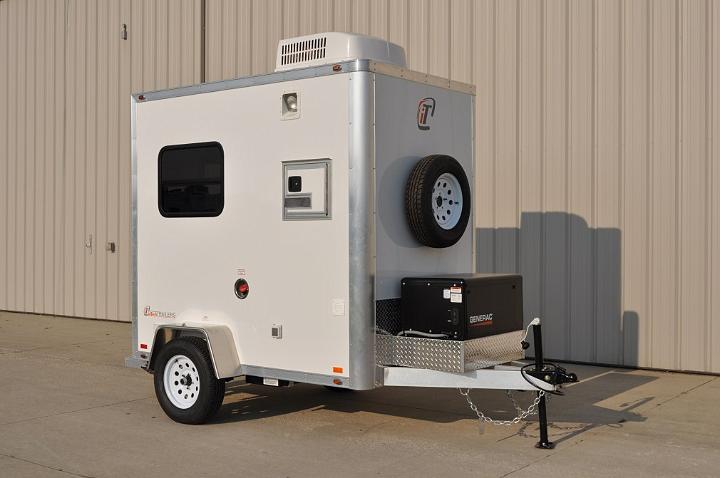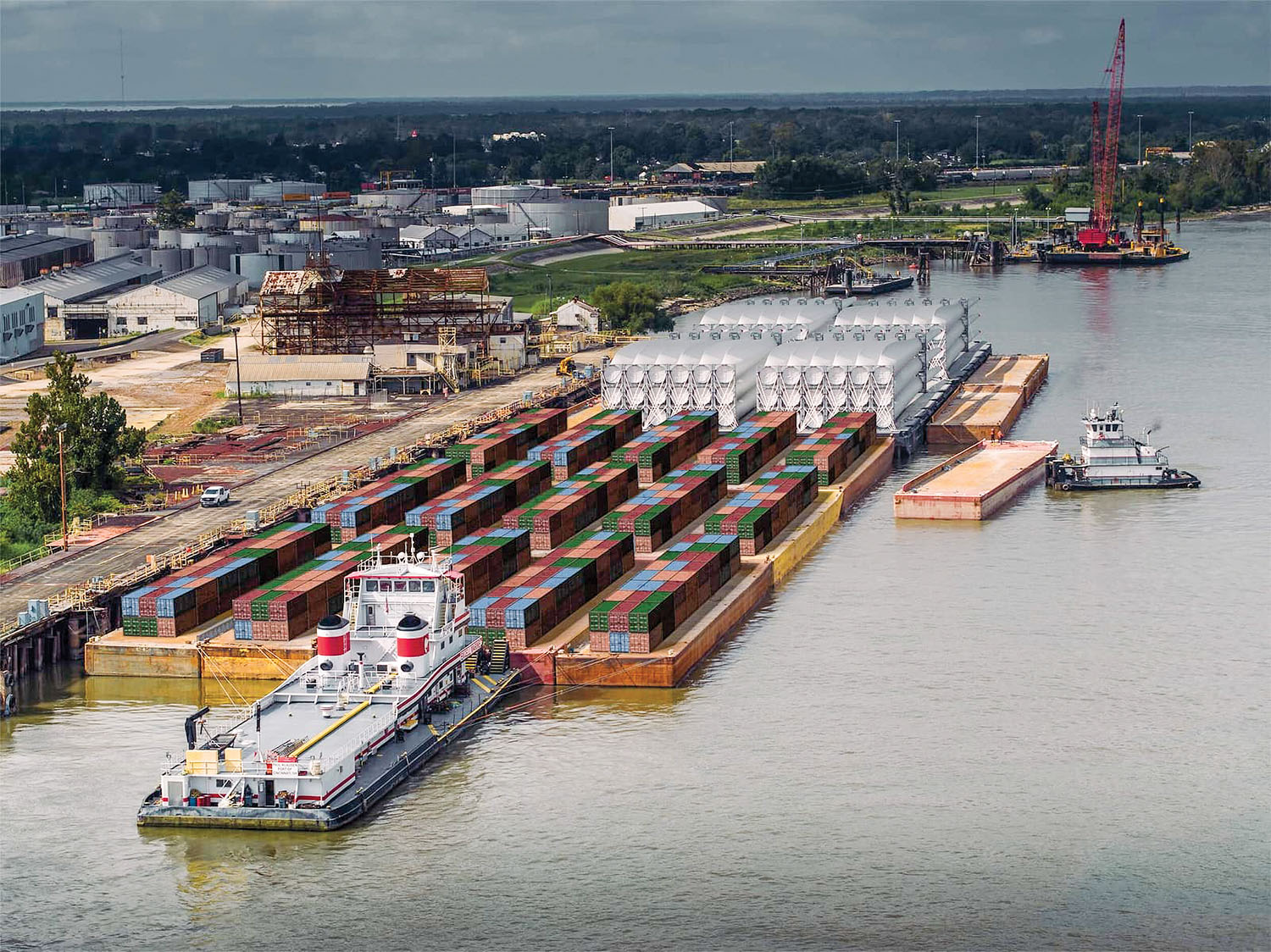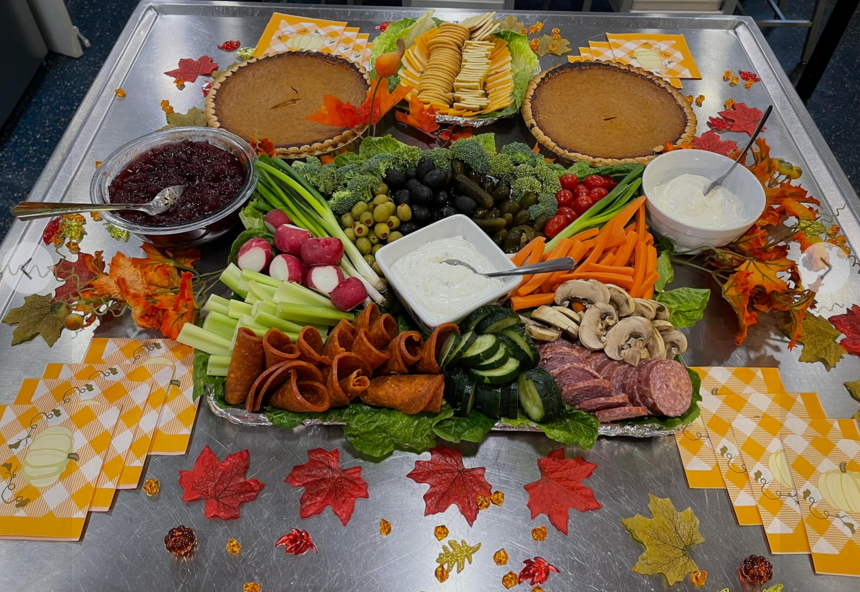Working on the river is said to be as much a life style as a job by those involved in the various occupations related to river work. Some work on the Tow Boats & Barges but there is work in the ports as well. These jobs may be related to repair of boats & barges, loading & unloading of bulk cargo's such as coal, grain, bulk liquids such as oil, kerosene, plastic resins, and so forth. There is also the support & supply of groceries & household products as the Tow Boat is not only the propulsion to push the barges but the housing for the crew with room and board providing anything a house would have to offer.
In a port people may work set hours and days returning home at the end of the day. But life on a "Line Haul" Tow Boat may be 28 days on and 28 days off. Some may offer 28 days on and 14 days off. It isn't unusual for companies to offer a choice. This may be the case for the inland waterways. But there are also Tug Boats along the coastal regions that may supply the offshore oil rigs taking supplies & men to and from those rigs.
A river Tow Boat may have crews of various sizes depending on the size of the boat and task assigned to it. On some of the rivers a Tow Boat may only shove a few barges. On others like the lower Mississippi they may shove 40 barges. On the Ohio 15 is a common number. The crew may number from 10 to 12 depending on the manifest. There would be a Captain and a Pilot, a couple of Engineers, a half dozen deck hands, and a Cook. A student Pilot (called a steersman) and a Tankerman (who tends to liquid hauling barges), and a "new Cook" (who will work with the primary Cook for orientation) may be extras from time to time.
A day on a boat has half of the crew working and half asleep or at leisure. The two shifts are known as the front watch and the back watch. The Cook is the exception in this as his/her day will be structured differently. But the watch is 6 hours on and 6 hours off thus working 12 hour days for 28 days. Crew members tend to sleep 4 hours at a time and have 2 hours of leisure to exercise in the exercise room, watch TV, use their laptop and have Zoom meetings with folks back home using their cell as a WIFI hot spot. Some companies have installed WIFI boosters for the crew's benefit. For the Cook, the day starts at 3 am and may expect to have breakfast on the table by 5 am. The front watch coming on duty will eat at at 5 to 5:30 am and the back watch will eat from 5:30 am to 6 am. Then it is clean up time and after that is complete the Cook may take a break/nap before getting Lunch prepared. (which tends to be a main meal of the day) Then Lunch may be from 11:30 to 12:30. Here the Cook may take a couple hour nap after the Galley is cleaned up. Generally the Cook multi task and prepares some of the lunch & dinner items when the day begins at 3 am. So dinner won't require as much work and clean up will be simple. With any luck the Cook will retire for the day by 7 pm. The Cook has his own room to himself. The crew members share rooms where they have their own beds. Each room houses two crew members. The Captain & Pilot have rooms closest to the "wheel house". The Captain is the Administrator/authority plus being a Pilot. The Pilot basically operates the boat just like the Captain would.
When crew members are off they may work as extras in duties such as driving Crew Vans to take mates from a central meeting point to a Port where they will be transported to the Tow Boat. If the Boat is at a Locks & Dam the crew can step onto the Boat but if that isn't the case the Tow Boat has a "motor launch or tender boat" that will come to the shore to exchange the crew members.
The Deck Hands may be hired and be trained on the job, but there are schools they can attend to gain certification and the school will place them in jobs with major Towing Companies. There are even such schools for Cooks but if one has experience in cooking and have worked in commercial kitchens such as restaurants the companies will often consider them. Most of these companies have small culinary orientation centers.
The pay on a River Boat is quite rewarding. You will generally have 100% medical, dental, and visual coverage. Captains can make as much as 200K a year depending on what they do and on what rivers they are on. Pilots over 100K. crew members 65K and up. Cooks from 35K and up. The Tankerman (or tank barge specialist) can make as much as a captain but he will have a lot of training to get that job. Port jobs are another matter where there may be work for certified welders, machinist, painters, electricians, pipe fitters, mechanics, radio/radar specialist etc.
The first most important person on the Boat is the Captain. It is said the second most important is the Cook. The Cook and his/her cooking is the "morale" of the Boat. If the food is good everyone is happy. Often crew members will pitch in and help the Cook. In the summer time they man the ice cream churn and take care of that detail after the Cook prepares the mix to be frozen. Others may man the grill or smoker and attend the meat prep. Some may chop vegetables. The Cook may make cookies & brownies or other confections as bribes for their help or rewards for their having helped out. The Cook may have a $5000 dollar + budget for food each month. When the Boat takes on fuel it may have groceries delivered. Imagine stocking $2500 worth of groceries by yourself twice on a trip ? (the crew usually helps out with this when they can)
When the Boat is under way (moving) the crew/deck hands may be busy with "house chores" just like at home.
Here is a appetizer table from Thanksgiving & Table:























